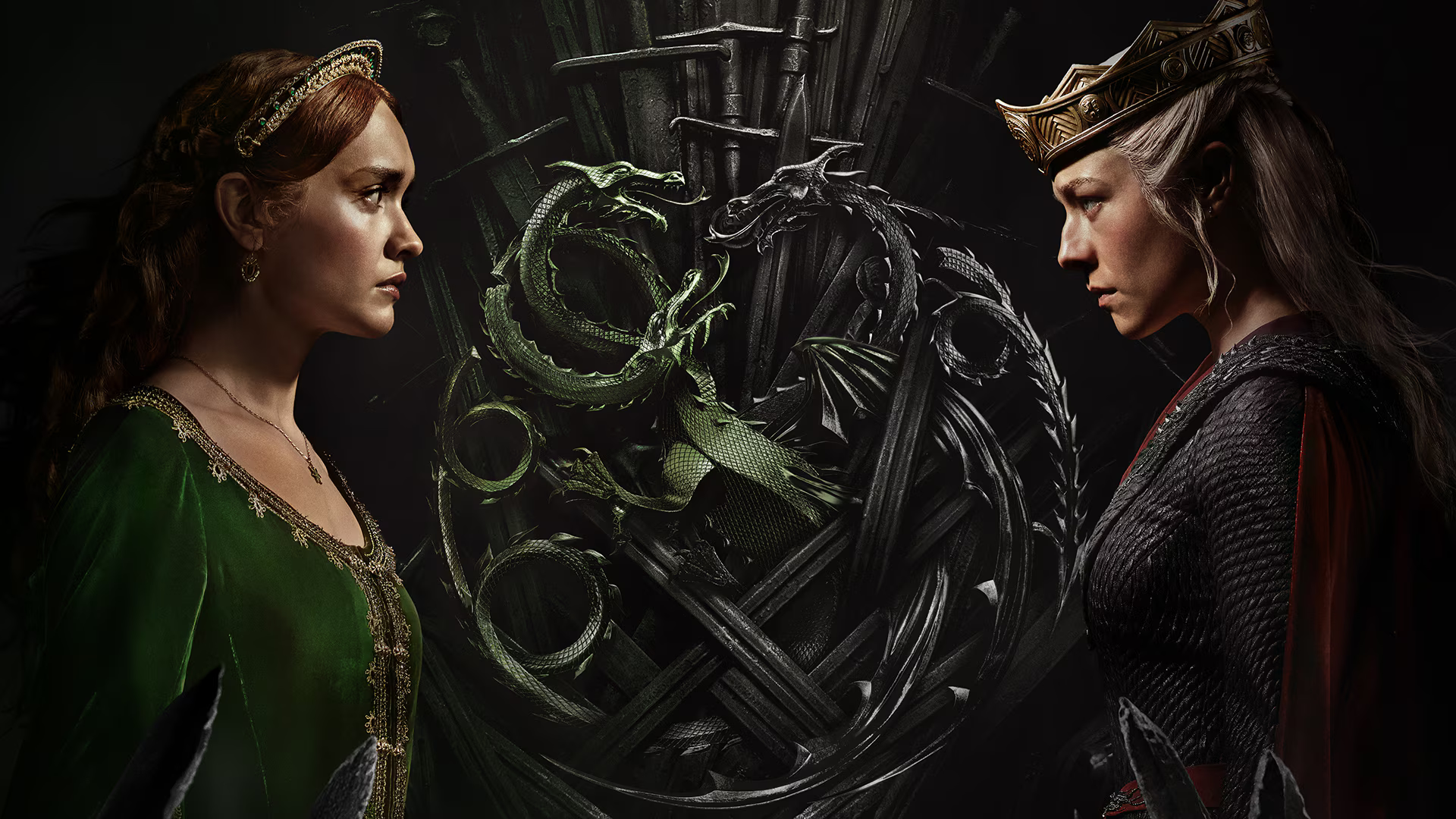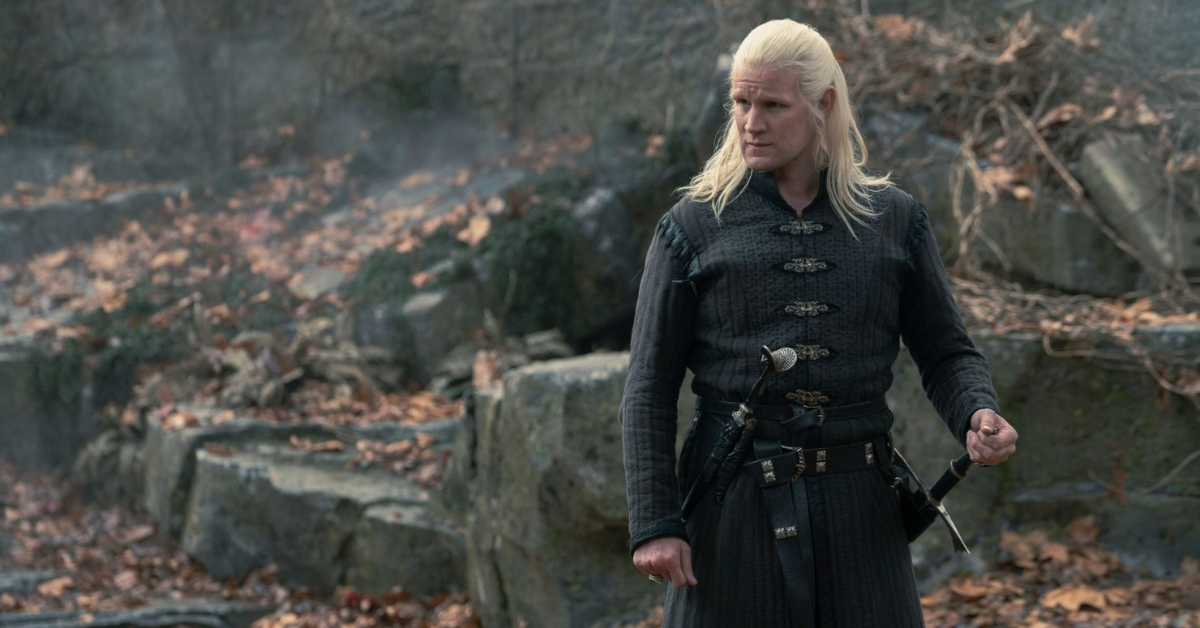Your favorite film analysis podcast moves along slightly in the ’80s as the Musical Revue continues with a look at Hairspray (1988). John Waters’ cult classic is unabashedly campy and bizarre, but does it hold up to the test of time?

As we continue along this musical journey, Hairspray is a bit of an odd departure. The original 1988 film is less a musical and more of a dance film. There are still musical numbers, but they’re filled with dance, rather than singing. So, it’s a bit off the rails in that regard. But, we still had a good conversation around it.
Brushing Out Hairspray

John Waters moved away from his transgressive roots with Hairspray. Several of his key players still show up, including Divine as Edna Turnblad, Tracy’s mother. But, by and large, Hairspray is a much more accessible film, in comparison to his earlier works. Set in the 60s, Tracy loves watching the Corny Collins Show, which is one of those classic shows where a bunch of pretty teens dance for an hour. Tracy is enamored. Tracy, defined in the film as pleasantly plump, doesn’t adhere to societies norms or values, and reaches out to take what she believes is hers—with great success. The film includes a plot thread involving segregation, but as we discuss in the show, it’s much more than simply, black and white.
On this week’s episode, we discuss Cult Directors We Want to Make a Musical. After our standard gameplay and quick reviews, we partner up with Hairspray and hit the dance floor. We talk race, queer film, form and function as we try to dig deep in to the film.
GET IN TOUCH
Thanks for joining us this week! If you haven’t yet, you can connect with us through our various means of social media. Hit us up and let us know what you like and what you don’t like. Also, it would mean a lot if you left a review on iTunes after you finish subscribing.
Follow Us on Twitter.
Subscribe and Review us on iTunes.
Supporting the GenreCast
If you’re interested in offering financial support for the show, that would be awesome. We use these funds to cover production costs and hosting and domain fees, as well as occasional events and merchandise. Support on Patreon comes with a variety of rewards and additional content, such as physical rewards, bonus shows and fun stuff and even programming opportunities.
Arthur is a creator of content, lover of movies, and father of dogs. If you want to keep the conversation going, then click here to follow Arthur on Twitter. If you would like to keep up with what Arthur is watching, then head over to Letterboxd and give him a follow!




Leave a Reply